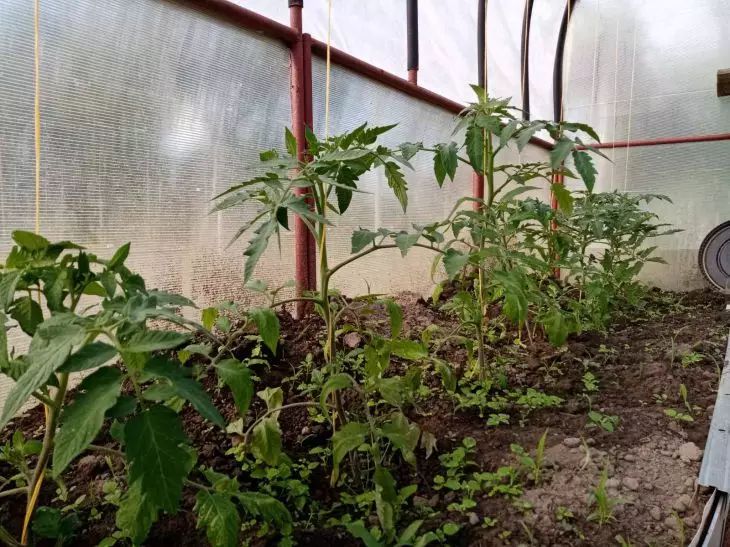Celandine, garlic, brilliant green, iodine – and late blight was washed away like water: a penny method against fungal disease
Late blight is dangerous because it can lead to the death of plants.
Chemicals are the most common way to control this fungal disease, but they can be harmful to both plants and the environment.
Against late blight, you can use folk remedies that attract attention with their simplicity, effectiveness and safety, allowing you to maintain the health of plants.
Celandine infusion
Celandine, like other herbs, can be used as a natural remedy to combat late blight.
To prepare the tincture, you need to collect nettle, celandine, coltsfoot, comfrey, and dandelion in equal parts, chop, pour water over them for 14 days so that the solution ferments, and then dilute a liter of the tincture in 10 liters of water for processing.

Garlic cloves
Phytophthora will not survive treatment with garlic solution. Use this remedy to get rid of fungal disease on plants forever.
To do this, you need 200 g of cloves, finely chopped, arrows, leaves, pour 2-3 liters of water and strain after 2 days. Dilute the finished infusion to 10 liters of water and add 20-30 grams of grated laundry soap or liquid for stickiness.
Spray on bushes and plant branches.
Iodine and brilliant green
Another remedy can combat the spread of late blight.
To treat the soil, dilute 4-5 drops of brilliant green and 3 drops of iodine in 1 liter of water. You can do without brilliant green and just dilute a few drops of iodine in water to spray the plants once every 12-14 days.
When using folk remedies to combat late blight, it is important to remember that they may be more or less effective than chemical preparations.
Therefore, in case of severe infestation, use the means recommended by specialists.
